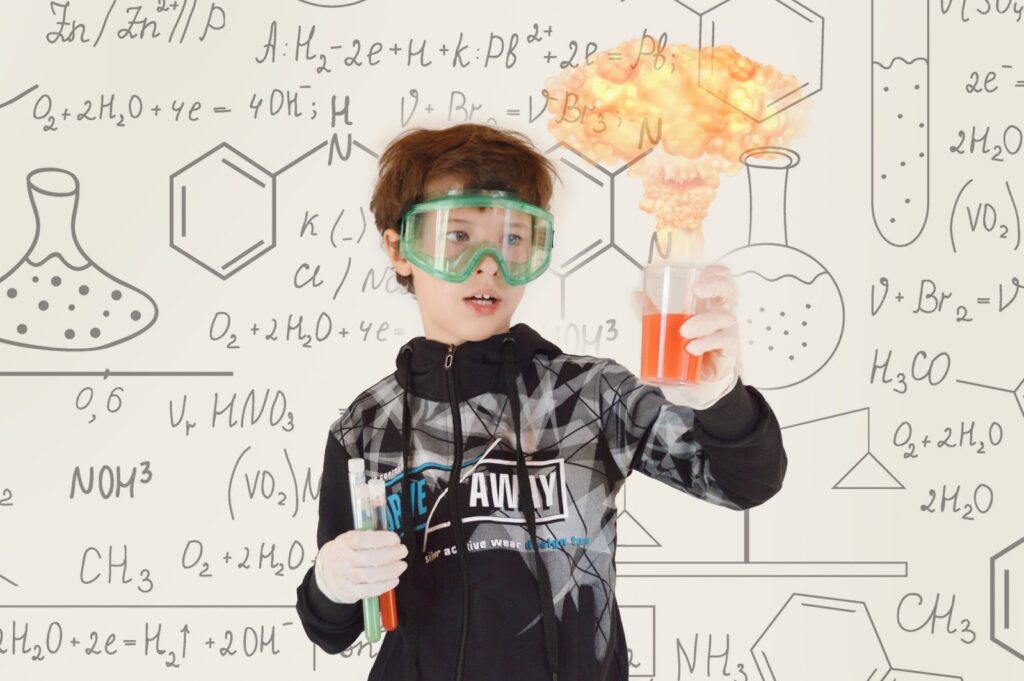Science education plays an important role in shaping young minds and equipping them to tackle contemporary challenges. Many students find science subjects fascinating and choose to pursue careers in science-related fields. With fast advancements in technology and a focus on STEM (Science, Technology, Engineering, and Mathematics), understanding science teaching in schools is more important than ever. This blog post covers essential aspects of science education, from curriculum trends to technology integration, offering a comprehensive overview for educators, parents, and students.
The Importance of Science Education in Modern Schools
Science education is not just about memorizing facts; it is about fostering critical thinking and problem-solving skills. In an era where scientific literacy is increasingly important, schools are focusing on curricula that encourage inquiry and exploration. For example, check www.pasco.com/products/curriculum/openscied or similar platforms to find curricula that emphasize active learning and real-world applications. Incorporating science education into the core curriculum prepares students to understand complex issues such as climate change, health care, and technology’s role in society. The knowledge gained through science education empowers students to make informed decisions, engage in meaningful discussions, and contribute positively to their communities.
Current Trends in Science Curriculum
Modern science curricula are evolving to meet the needs of today’s students. Emphasis is being placed on interdisciplinary learning, where science is connected with subjects like math and engineering. This holistic approach helps students understand the interconnectedness of different fields and prepares them for complex problem-solving. Project-based learning is also gaining traction, allowing students to engage deeply with scientific concepts through hands-on projects. Students can apply their theoretical knowledge to real-world challenges, promoting a sense of relevance and urgency. Educators are encouraged to incorporate local environmental issues or community challenges into their projects, making learning informative and meaningful.
Hands-On Learning and Experiments
Experiential learning is a cornerstone of effective science education. By conducting experiments and engaging in laboratory activities, students can directly observe scientific principles in action. This hands-on approach reinforces theoretical knowledge and cultivates curiosity and a love for discovery. Schools are investing in laboratory equipment and resources to facilitate this type of learning, recognizing its impact on student engagement and understanding. Science fairs and competitions also provide opportunities for students to showcase their experiments, encouraging creativity and innovation. These events can foster a sense of community and collaboration, as students share their findings and learn from each other’s experiences.
Integrating Technology in Science Education
Technology is transforming the way science is taught and learned. From virtual labs to interactive simulations, digital tools are making science education more accessible and engaging. Teachers are incorporating tablets, software applications, and online resources to enhance lessons and provide students with diverse learning experiences. This integration of technology allows for personalized learning paths, where students can progress at their own pace and explore areas of interest more deeply. Online platforms can provide supplementary resources, enabling students to engage with complex scientific concepts outside of the classroom. Teachers can also use technology to gather data on student performance, helping to tailor instruction to better meet individual needs.
Teacher Training and Professional Development
Effective science education depends largely on the quality of teaching. Professional development programs for science teachers are important in keeping educators up-to-date with the latest pedagogical strategies and scientific advancements. Workshops, conferences, and online courses provide opportunities for teachers to enhance their skills and knowledge, ultimately benefiting their students. Supportive school policies and access to resources are key factors in successful teacher development. Schools that prioritize ongoing training and provide teachers with access to current research and methodologies can create an environment where innovative teaching practices flourish. This, in turn, translates to more engaged students who are excited about learning.
Preparing Students for Future Scientific Careers
As the demand for professionals in STEM fields grows, schools are focusing on preparing students for future careers in science. This involves providing a strong foundation in scientific concepts and exposing students to potential career paths. Partnerships with local businesses, internships, and mentorship programs can offer students real-world experience and insight into various scientific professions. Encouraging participation in science fairs and competitions also helps inspire and motivate young scientists. By engaging students in discussions about scientific careers and the impact of science on society, educators can help them envision their future roles in the workforce. This exposure can lead to increased interest in pursuing STEM degrees and careers.
Science education in schools is an evolving field essential for preparing students for the future. By adopting innovative teaching methods, integrating technology, and investing in teacher development, schools can offer high-quality science education that equips students with the necessary skills and knowledge. Understanding these elements is crucial for those interested in education and developing future thinkers and innovators. As society faces scientific challenges, a strong foundation in science education will empower future generations. Prioritizing science education is an investment in a more informed, capable, and innovative society.






